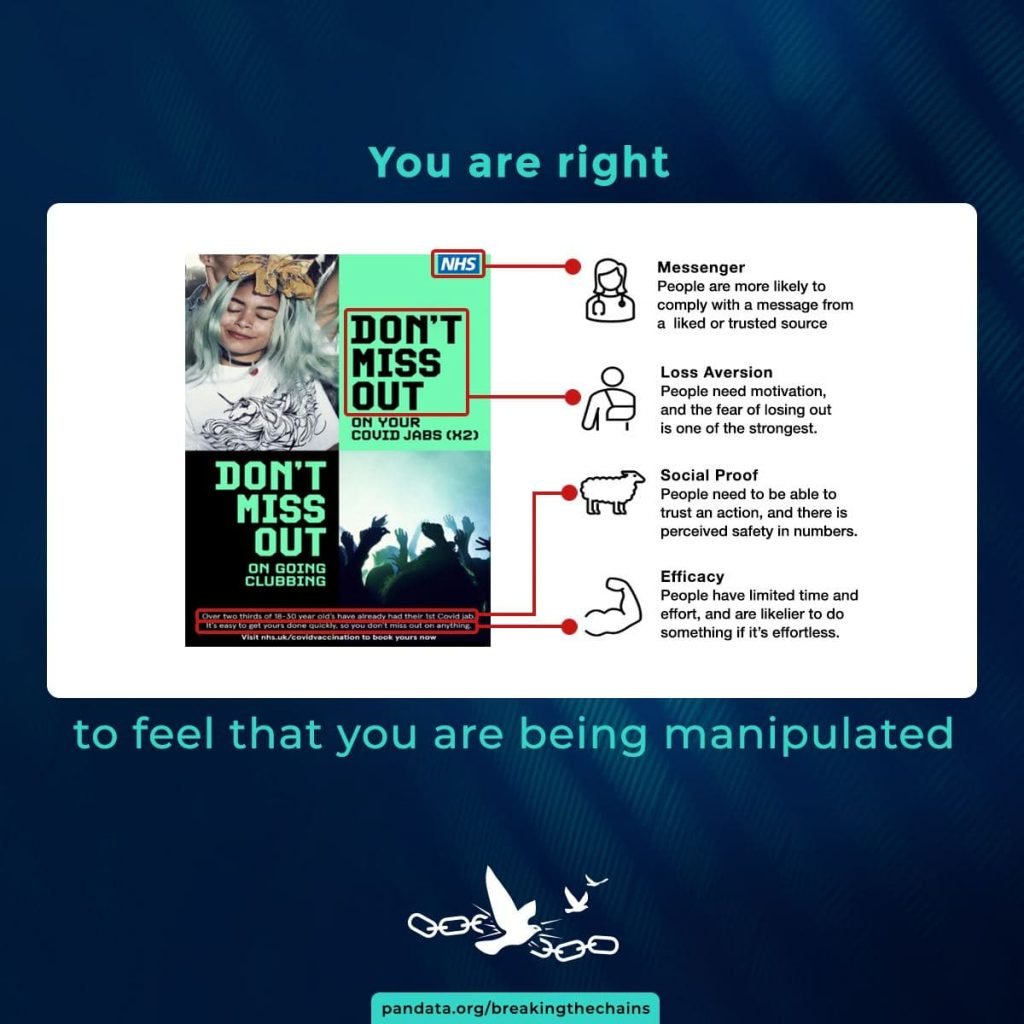The use of propaganda in public health messaging and the extreme harm it can cause is recognised in much of the literature, for example Ethical Issues in Public Health. Affecting behaviour change for improved health outcomes is however, a common goal in public health campaigns. The difference might be best characterised by who has control over the outcome: the recipient of the message or the architect. Discerning between honest health messaging and propaganda is a skill which is exploited by corrupt agendas.
Among the many definitions for “public health”, perhaps the best known was written by the founder of Yale University’s School of Public Health, C.E.A. Winslow in 1920. Consistently relevant for over 100 years, his definition is cited by the New Zealand Ministry of Health: “the science and art of promoting health, preventing disease and prolonging life through the organised efforts of society“.
Over time public health has grown into a multi-faceted discipline involving many specialties, all sharing the same fundamental principles. These were well described by Professor of Infectious Disease Epidemiology Martin Kulldorff in his August 2021 article, Twelve Core Principles of Public Health. He argues that fear and shame have no place in pandemic response measures. This is in line with NZDSOS’ opposition to the use of propaganda (see The Cost of Fear).
During the Covid-19 pandemic response governments across the globe have employed behavioural scientists to skillfully embed propaganda into official public health messaging. This has helped to solicit support for a politically-controlled singular narrative, increase compliance with policies, and establish hostility to counter-narratives. It has also created a substantial, population-wide sense of unease and anxiety, leading to psychological harm and social division. This is detrimental to public health and conflicts with fundamental principles such as first do no harm.
Our partners at Pandemics Data and Analytics have engaged a team of behavioural scientists, psychologists, public health experts, educationalists, social workers, and other professionals to create an important public health project, named Breaking the Chains. The project intends to educate the public in how to identify techniques of psychological manipulation in public health messages. With awareness we become less susceptible to exploitation and more competent to apply active questioning and critical thought to the information being conveyed.
Breaking the Chains is an intelligent, humane and crucial project. It meets the Ministry of Health’s own definition of public health as an “organised societal effort, using science and art to promote health” by reducing vulnerability to propaganda and building decision-making capacity. It is a valuable tool, particularly for anyone who feels “something is not right” and is looking for answers. Those answers are not given because they are distinct to each individual. Rather, this is a candid exercise in developing the skills to search for and find our own answers.
A series of infographics such as this detail the psychological techniques used in Covid-19 public health messaging.

Understanding why a campaign of propaganda has been employed in lieu of honest messaging requires understanding the financial and political incentives within, between and beyond the public-private partnerships connecting government and industry. We outline some of our shared concerns in this regard in our October 2021 Open Letter to All New Zealanders about impending totalitarianism.
Watch: A Guide To Nudging You – Identifying Propaganda
When this video was released in March 2021, the original version hosted on YouTube had 4,900 likes and 17,000 dislikes. Perhaps there were many out there with whom this message jarred. Perhaps it was their unconscious processes telling them this video did not feel honest, did not feel sincere.
Breaking the Chains provides information to explain the sense that something is not right.
Source – https://nzdsos.com/2022/05/29/breaking-the-chains-of-propaganda/
